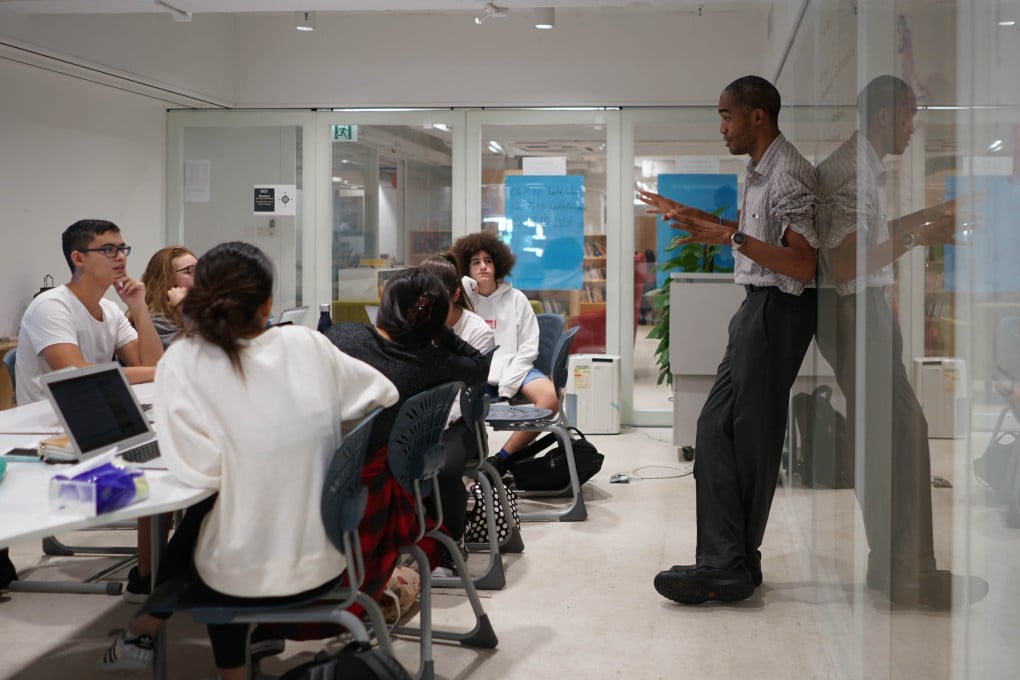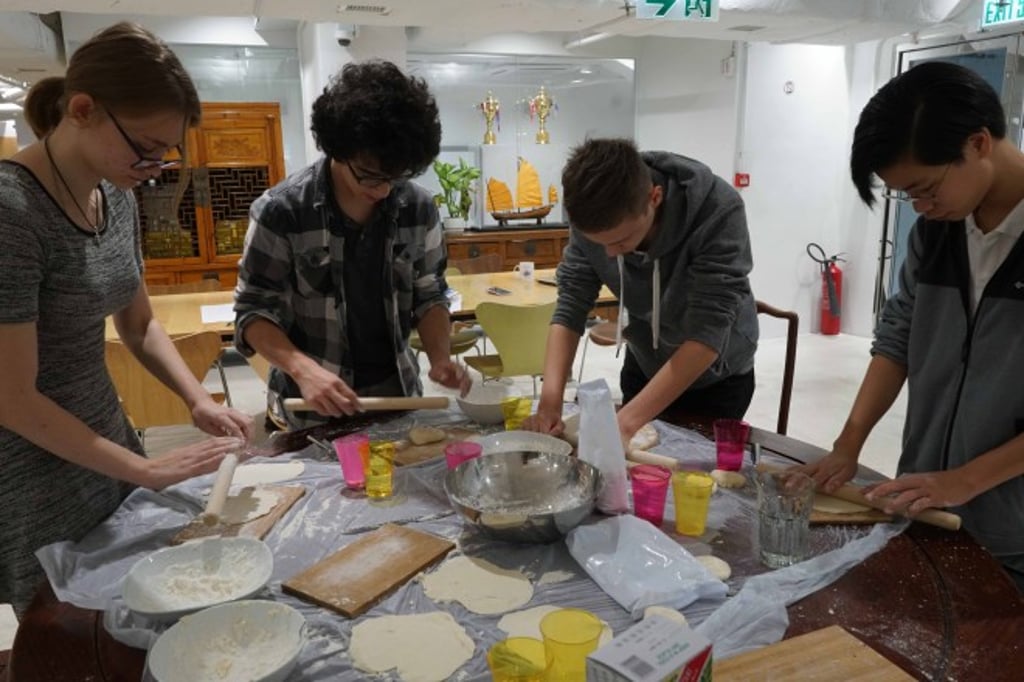Preparing high school students for success in college and beyond

[Sponsored Article]
As a student of literature and a high school English teacher, I have never once been asked by a university professor or one of my students to list the definitions of obscure literary devices from memory. If I am looking for a technical term long forgotten since the days of studying for Advanced Placement exams, I describe it to Google and it spits back options in seconds. Furthermore, by scrolling through the search results, I often learn a few additional terms that I had never thought to search.
In a job market where employers often have their own training around esoteric functions and which places an increasingly high premium on collaboration, problem solving, and critical thinking, the effort I expended in years gone by reserving brain space for words like anaphora and polysyndeton was not altogether worth it beyond the short-term goal of attaining a high score on the AP Literature and Composition exam and being able to list it as a feather in the cap of college applications.
When faced with the question of why traditional schooling today looks so much like it did one hundred years ago when the world of work has changed quite drastically, many educators respond that colleges have not changed at a corresponding rate and thus we who devise and deliver secondary school curriculum have our hands tied. But for all the ways that university classrooms look and feel traditional, success in these academic environments is quite a nuanced challenge.
Post-secondary experiences can vary across institutions within individual countries let alone across the world, but in many cases differentiating oneself in the university classroom is predicated on ultimately being able to contribute something original to your intellectual environment. Regurgitate, rinse, repeat strategies are rarely effective in the long term if the academic program is rigorous and assistance is not always readily available.

University students are faced with important strategic choices around which academic pathways to pursue, how best to keep up with the prerequisites of their curricular program, how to find mentors, build relationships, and make the most of the resources and connections their school has to offer. All this so that they enter the world of work with a clear narrative and, if not an explicit career pathway laid out, a roadmap for finding one (not to mention the adaptability and resilience often required to be successful in modern job markets).
Over its ten-year history, The Harbour School has prioritized making the practical application of learning explicit in the curricular experience it devises. Its high school is no exception, factoring student interest into the course design process and developing curricular offerings which showcase how academic content manifests in both college and career settings.
Students have access to a course catalog which is designed to look like those of universities. They are trained in tracking their academic program and making decisions about courses based on academic majors and career paths they might later pursue.
A key feature of THS’ high school curriculum is the Independent Study Module (ISM) that students are expected to enroll in every year. This project amounts to a self-designed course facilitated and supported by a faculty member.
Encouraged to explore, student ISMs range from writing and performing original music to building boats. They offer students the opportunity, not only to make their academic program work for them, but to test drive the pathways of work and study which might be derived from their passions.
ISMs are modeled after the types of self-directed study opportunities available at the undergraduate level and core to graduate school pursuits. In conjunction with such offerings as sustained research on aquatic life in the marine science center and a robust internship program, ISMs are a feature of the school’s model specifically designed to promote the active engagement in and ownership of one’s learning which is necessary to succeed in university and beyond.
Universities have long been the primary physical source of knowledge - for most of history, they had the books! In a time when we can hold the world’s libraries in the palm of our hands, schools at every level are finding it necessary to revise their value propositions. With that revision comes changes to not only the features of academic programs, but the demands they make on their participants.
About Dr. Elizabeth Micci, THS High School Principal
Elizabeth joined The Harbour School in 2017 as a researcher and a member of the high school humanities faculty while completing her Doctorate of Education Leadership from the Harvard Graduate School of Education. Upon completion of her program, she became the High School Principal at the Garden Campus. She also holds a Bachelor of Science in Business Administration and English from Washington & Lee University and a Master of Arts in English from Middlebury College. Prior to joining The Harbour School, Elizabeth was a high school English teacher and administrator of a college prep academy in Houston, TX.